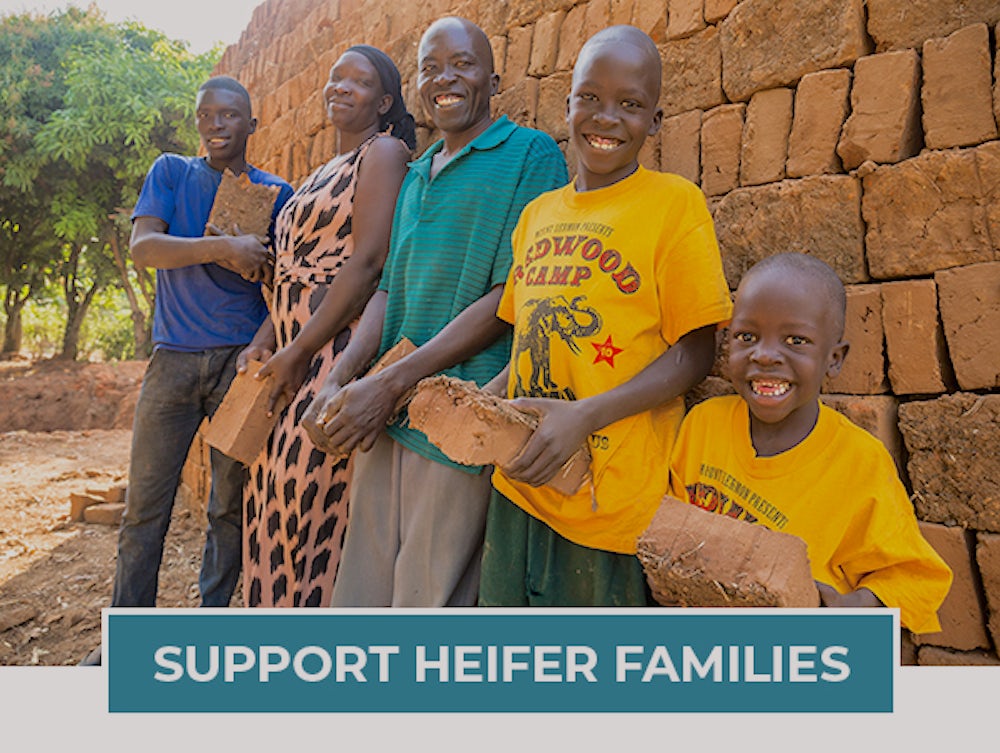We all want to protect ourselves and our loved ones from COVID-19 and future pandemics. The best way to do just that is to protect each other, especially the poor.
We’ve all got one thing on our minds right now: how can I protect myself and loved ones from COVID-19, the novel coronavirus? As of March 10, 2020, the WHO officially declared that COVID-19 is a pandemic, meaning that this virus is everyone’s problem now, regardless of where or how you live. For those who have the means, it is tempting to try and buy their way out. Reports of soaring private jet bookings, sold-out high-end hand sanitizer (what?) and celebrities spending hundreds on fancy face masks abound.
But even if you can afford such things, these methods are short-sighted. Many realized that money and celebrity won’t protect them when even America’s dad, Tom Hanks, contracted the virus. A key to protecting yourself from COVID-19, and future pandemics, is protecting each other with measures like hand washing and social distancing that we can all take free of charge, regardless of our financial resources.
Even so, poor communities remain especially vulnerable to pandemics. And in an interconnected world, any vulnerability puts everyone at risk. Here’s why:
Pandemics aren’t going away—in fact, they are getting more frequent. COVID-19 is another in a series of dangerous infectious diseases that have spread far and wide in recent memory: Ebola, Zika, H1N1, SARS to name a few. The world’s escalating interconnectedness through technology, ease of travel and increasing wealth means that infections can spread farther and more rapidly than ever. Climate change and displacement exacerbate these factors. Plus, most countries in the world are woefully unprepared to deal with these events, as we are all seeing play out in our own lives today.
This new level of interconnectedness is a double-edged sword—for all of the good things it provides, it brings with it a responsibility to care for each other, no matter how far away our global neighbors seem. Now, when we fail to protect each other, it puts ourselves and our loved ones at risk, too. The reality of our vulnerability is setting in among many of us who thought of diseases like Ebola and SARS as things that happen far away. No more – it is more evident than ever that whatever happens on this globe is happening to everyone on this globe.
Close quarters, lack of access to good healthcare, sanitation and healthy nutrition are a recipe for spreading disease. Thus, the terrible tragedy is that the communities who are most hurt by pandemics are also the places where pandemics hit and hurt the hardest. Reducing poverty worldwide could do much to reduce the spread of pandemics. In the case of pandemics, the best offense is a good defense – and defending from pandemics requires thinking globally by definition. According to Nita Madhav and other researchers, “The most cost-effective strategies for increasing pandemic preparedness, especially in resource-constrained settings, consist of investing to strengthen core public health infrastructure, including water and sanitation systems.” Helping others will ultimately help you.
Working together has been the ace up humanity’s sleeve since the very beginning. Anthropologist Yuval Noah Harari explores this concept in Sapiens: A Brief History of Humankind. “Sapiens can cooperate in extremely flexible ways with countless numbers of strangers. That’s why Sapiens rule the world,” he wrote. We may not be the strongest, fastest or most resilient of the Earth’s residents, but we have risen to top species because of our ability to work together for the common good. It’s in every individual’s personal interest for people around the world to be better off.
One can’t blame people for taking to private jets and expensive, isolated retreats if they have the means in the midst of a crisis. But it is better, for both altruistic and selfish reasons, to prevent crises like pandemics in the first place. When we fail to care for each other, we fail ourselves.
But here’s the good news: when we decide to show up for each other, it is the best possible way to care for ourselves and our loved ones—and others will be taking care of you, too.

We have something to ask. For the families we serve, this new and changing reality could mean not being able to earn an income, or feed their children. Help us support these families and your gift will be matched — doubling the support we can provide.

.jpg?or=0&q=60&crop=faces%2Centropy%2Ccenter&auto=format&fm=jpeg&shad=50&fit=crop&w=992&h=661)

